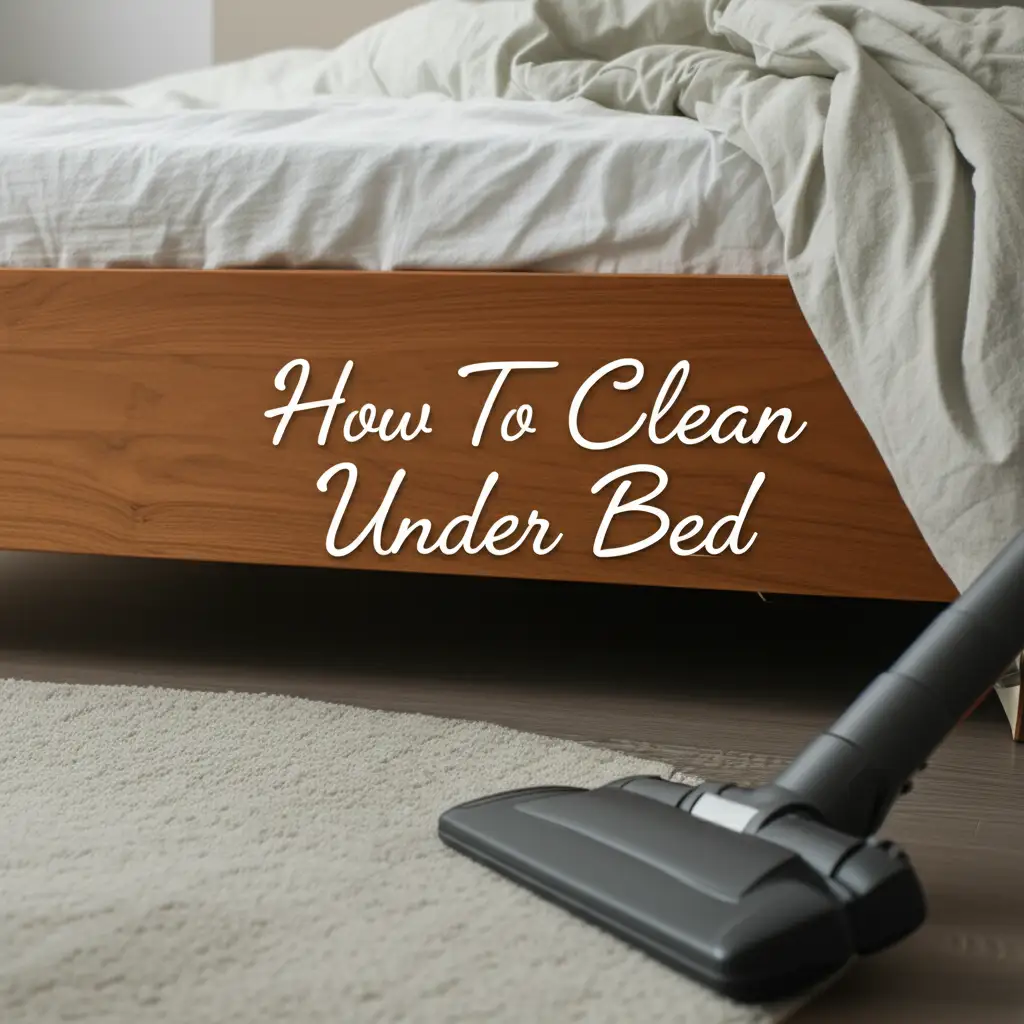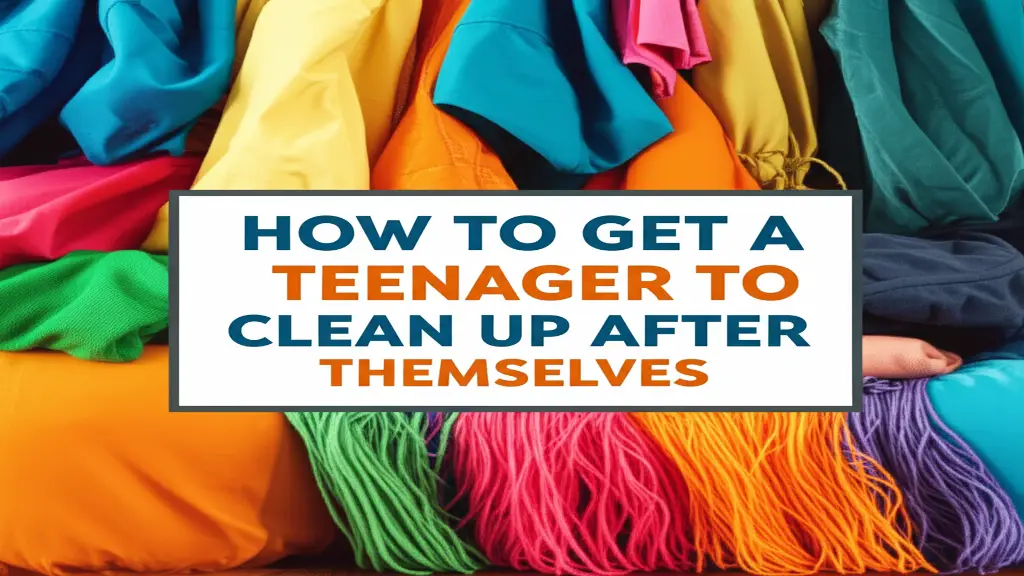· Home & Family · 7 min read
How To Get Your Parents To Clean Their House?

Is It Possible to Encourage Parents to Clean?
Have you ever walked into your parents’ house and felt a little overwhelmed by the clutter? It’s a common situation! You want a clean and comfortable space when you visit, but directly telling your parents to clean can be tricky. It’s a sensitive topic, often tied to their independence and routines. This article will guide you through how to get your parents to clean their house without causing conflict. We’ll explore understanding their perspective, offering help, and creating a plan that works for everyone. We’ll cover everything from gentle conversations to practical assistance, ensuring a positive outcome.
Here’s a quick answer: Approach the situation with empathy, offer specific help instead of criticism, and focus on the benefits of a cleaner home – like safety and comfort – rather than just the mess itself.
Takeaway: Be understanding, offer assistance, and focus on the positive outcomes of a cleaner home.
Understanding Why Cleaning Might Be a Struggle
Before you jump into suggesting cleaning schedules, it’s important to understand why your parents might not be keeping up with housework. There could be a variety of reasons, and it’s rarely about simply being lazy. Perhaps they’re dealing with physical limitations that make tasks difficult. Maybe they’re overwhelmed with other responsibilities, like work or caring for a spouse.
Here are some common reasons:
- Physical limitations: Arthritis, back pain, or other health issues can make cleaning physically demanding.
- Emotional factors: Depression or grief can drain energy and motivation.
- Changes in routine: Retirement or other life changes can disrupt established habits.
- Different standards: Your parents may simply have different standards of cleanliness than you do.
- Cognitive decline: In some cases, difficulty with cleaning could be a sign of cognitive issues.
Understanding the root cause will help you approach the conversation with empathy and tailor your approach accordingly.
Starting the Conversation: Empathy is Key
Bringing up the topic of cleaning requires a delicate touch. Avoid accusatory language like “Your house is a mess!” Instead, start by expressing your concern for their well-being. Frame the conversation around your desire for them to be comfortable and safe in their home. For example, you could say, “I’ve noticed things seem a little overwhelming lately, and I’m worried about you tripping over things.”
Here’s how to approach the conversation:
- Choose the right time: Don’t bring it up during a stressful moment or when they’re busy.
- Express your love and concern: Let them know you care about them and their well-being.
- Use “I” statements: Focus on how the situation affects you rather than blaming them. (“I feel worried when I see clutter.“)
- Listen actively: Let them share their perspective without interrupting.
- Avoid judgment: Respect their feelings and acknowledge their challenges.
Offering Specific Help: Actions Speak Louder Than Words
Simply asking “Do you need help cleaning?” often isn’t enough. Your parents might be hesitant to admit they need assistance or feel embarrassed to ask. Instead, offer specific help with concrete tasks. This shows you’re willing to roll up your sleeves and contribute, rather than just criticizing.
Here are some ideas:
- Offer to do a specific chore: “I’m free this Saturday. Would you like me to help with the laundry or vacuuming?”
- Help with decluttering: “I’d love to help you sort through some things in the attic.”
- Arrange for professional cleaning: “I’d like to gift you a cleaning service as a treat.” You can find reliable services online.
- Focus on safety hazards: “Let’s clear the walkways to prevent falls.”
- Tackle a small project together: “Let’s clean out the refrigerator together – it will be faster and more fun!”
Creating a Realistic Cleaning Plan Together
Once you’ve opened the lines of communication and offered help, you can work together to create a realistic cleaning plan. Don’t try to overhaul everything at once. Start small and focus on achievable goals. Breaking down tasks into smaller steps makes them less daunting.
Consider these tips:
- Prioritize tasks: Focus on the most important areas first, like the kitchen and bathrooms.
- Create a schedule: Assign specific tasks to specific days.
- Set realistic expectations: Don’t expect perfection.
- Celebrate small victories: Acknowledge and appreciate their efforts.
- Be flexible: Adjust the plan as needed. Life happens!
If your parents are resistant to a formal schedule, suggest a more flexible approach. Perhaps they can commit to 15-30 minutes of cleaning each day.
Addressing Hoarding Tendencies with Sensitivity
If the clutter goes beyond simple messiness and appears to be hoarding, the situation requires a different approach. Hoarding is a complex issue often rooted in emotional distress. Directly confronting someone about their hoarding behavior can be counterproductive and damaging to your relationship.
Here’s how to handle it:
- Focus on safety and functionality: Instead of criticizing the clutter, express concern about fire hazards or accessibility.
- Encourage professional help: Suggest therapy or counseling.
- Be patient and understanding: Hoarding is a deeply ingrained behavior that takes time to address.
- Avoid enabling: Don’t contribute to the clutter by bringing them more items.
- Research resources: Organizations like the International OCD Foundation (https://iocdf.org/) can provide support and guidance.
Maintaining a Positive Relationship Throughout the Process
The goal isn’t just to get your parents’ house clean; it’s to maintain a loving and respectful relationship. Remember that your parents are adults, and ultimately, they have the right to live as they choose. Your role is to offer support and encouragement, not to control their behavior.
Here are some ways to maintain a positive relationship:
- Express gratitude: Thank them for their efforts, no matter how small.
- Focus on the positive: Highlight the benefits of a cleaner home, like increased comfort and safety.
- Spend quality time together: Don’t let cleaning become the sole focus of your visits.
- Respect their boundaries: If they’re not receptive to your help, back off and respect their wishes.
- Remember their independence: Allow them to maintain as much control over their lives as possible.
FAQ: Common Questions About Helping Parents Clean
Q: My parents get defensive when I mention cleaning. What should I do?
A: Back off and try a different approach. Focus on expressing your concern for their well-being rather than criticizing the mess. Offer specific help without judgment. Sometimes, simply being present and supportive is enough.
Q: What if my parents refuse any help?
A: Respect their decision. You can’t force them to accept help if they don’t want it. Continue to express your love and concern, and let them know you’re there for them if they change their mind.
Q: How do I deal with the emotional toll of seeing my parents struggle with cleaning?
A: It’s okay to feel frustrated or overwhelmed. Talk to a friend, family member, or therapist about your feelings. Remember that you’re doing your best to support your parents, and you can’t control their choices.
Q: Is it okay to hire a cleaning service without their permission?
A: Generally, no. It’s important to respect their autonomy. However, if you’re genuinely concerned about their safety and they’re unable to care for themselves, you may need to involve other family members or professionals.
Conclusion: A Gentle Approach for a Happier Home
Getting your parents to clean their house isn’t about imposing your standards; it’s about showing your love and concern for their well-being. By approaching the situation with empathy, offering specific help, and creating a realistic plan together, you can create a more comfortable and safe home for everyone. Remember to focus on the positive outcomes and maintain a respectful relationship throughout the process. Ultimately, how to get your parents to clean their house comes down to understanding, patience, and a willingness to work together. A little kindness can go a long way in creating a happier and healthier environment for your family.
- cleaning motivation
- parent communication
- home organization




